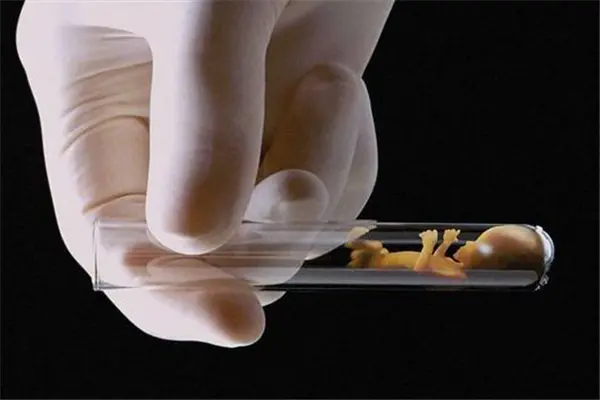Women who have received fertility treatment can be reassured that in vitro fertilization (IVF) does not increase their risk of breast cancer, according to a 21-year follow-up study of women in the Netherlands.
"These findings are consistent with the absence of a significant increase in the long-term risk of breast cancer among women treated with these IVF regimens," according to the study published Tuesday in the U.S. journal JAMA.
IVF procedures can cause levels of certain hormones including estradiol and progesterone to drop temporarily, while levels of other hormones may instead rise.
For this reason, some researchers suspected IVF might influence breast cancer risk, but previous studies of breast cancer risk after IVF treatment were inconclusive due to limited follow-up.
In the new study, researchers at the Netherlands Cancer Institute assessed long-term breast cancer risk among 19,158 women who started IVF treatment between 1983 and 1995 and 5,950 women starting other fertility treatments between 1980 and 1995.
During the median 21 years of follow-up, 948 of the women in the study were diagnosed with breast cancer.
Analysis indicated that breast cancer risk in IVF-treated women was not significantly different from that in the general population and from the risk in the non-IVF group, the researchers said.
The cumulative incidences of breast cancer at age 55 were 3 percent for the IVF group and 2.9 percent for the non-IVF group.
The study also found the risk did not differ by type of fertility drugs and was not increased at 20 or more years after IVF treatment.
In addition, women with seven or more IVF cycles had a significantly decreased risk compared with women treated with one to two IVF cycles.
"The analysis concerning IVF and breast cancer risk was performed because of the hypothesis that high levels of hormone exposure during IVF may increase this risk," Netherlands Cancer Institute said in a statement. "The results of this study do not support that hypothesis."
But it cautioned that the type of hormone stimulation used during IVF treatment has changed somewhat over the years.
Therefore, it is not clear whether the results of the current study also apply to women who started IFV treatments after 1994, the statement added.
(APD)
 简体中文
简体中文





